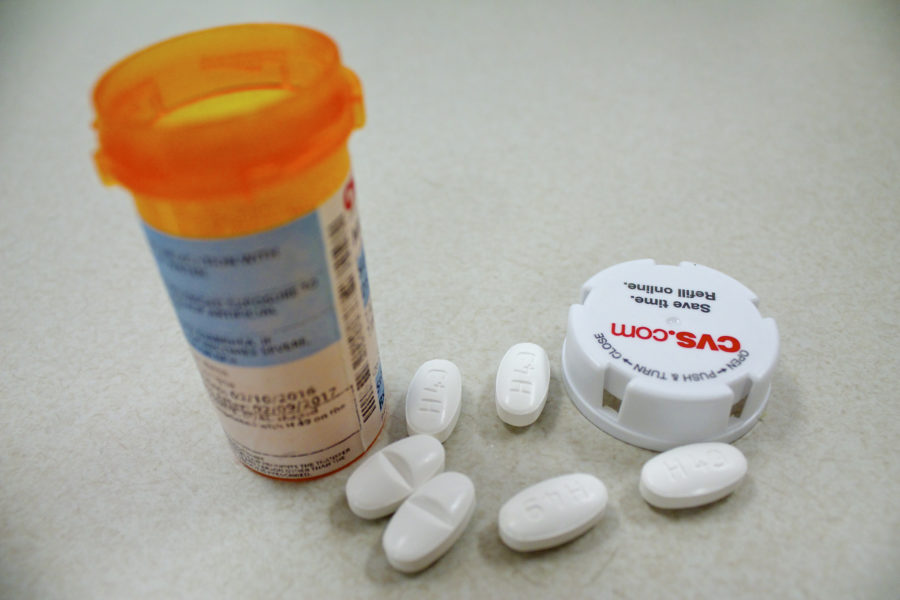NKU participating in Drug Take-back Day
NKU’s Responsible Education About Life Peer Educators are accepting any unwanted or expired prescription pills and patches this Thursday in conjunction with the Drug Enforcement Agency’s semi-annual “Drug Take-back Day” event on Saturday.
From 11 a.m. to 2 p.m. on the second floor of the Student Union, anyone can freely and anonymously drop off their unused prescription drugs for safe disposal by the DEA. The peer educators are collaborating with Health, Counseling, and Student Wellness, NKU Police, Highland Heights Police and the Campbell County Drug Free Alliance to put on the event.
The drugs that can be offered for disposal at the event are restricted to pills and patches; liquids, needles and sharps cannot be accepted, according to NKU’s Health, Counseling, and Student Wellness website.
The drug take-back initiative is a response to the pervasive nonmedical use of prescription drugs in the United States. According to the most recent National Survey on Drug Use and Health, an estimated 6.5 million Americans use psychotherapeutics either without a prescription or to experience the feelings the drug elicits without a medical need for them.
The prevalence of prescription drug abuse coincides with record levels of drug overdose deaths reported by the Centers for Disease Control. Opioids, such as prescription pain relievers and heroin, are associated with 61 percent of said overdoses.
After five years of holding drug take-back days, the DEA states that it has collected and destroyed 5.5 million pounds of unused prescription drugs.
Siobhan Ryan-Perry, an alcohol and drug clinician for the Health, Counseling and Student Wellness Center and the coordinator of the R.E.A.L. Peer Educator program, said the local heroin epidemic encouraged her and her students to contribute.
“In light of the epidemic that we have in this area with heroin, we wanted to bring awareness and try to do our part to limit the amount of diversion of prescription drugs,” Ryan-Perry said.
In addition to curbing drug diversion, peer educator Michael Leone notes the environmental benefit of proper drug disposal.
“One of the main sources of water pollution, at least in land, is from pharmaceutical drugs,” Leone said. “So drug take-back day is kind of a joint purpose: [one of our goals is] to educate people on how to properly dispose of their medication.”
Leone added that one of the worst things people can do with prescription medicine is flush it down the toilet.
“Don’t flush it — definitely don’t flush it — don’t throw it in the garbage. Pretty much every police department has an area where you can properly dispose of your medication so it doesn’t get back into the environment,” he said.
If you cannot attend the event at NKU but would still like to offer your unwanted prescription pills or patches for disposal during Saturday’s national event, you can search for a collection site on the website of the DEA’s Office of Diversion Control.


